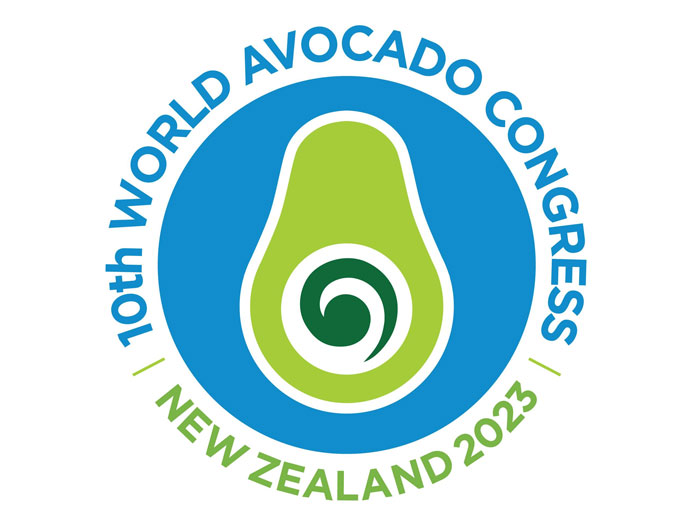Shift in Focus Needed to Manage Growing Food Demands says World Avocado Congress Keynote
March 9, 2023 | 4 min to read

Recent weather events have raised food security concerns for parts of New Zealand’s primary-production sectors and leading environmental scientist Dr Brent Clothier says a significant shift in focus is required to manage growing food demands and increased pressure on land and water globally.
At the upcoming World Avocado Congress, Dr Clothier, Principal Scientist at Plant & Food Research New Zealand, will advocate that more investment is required into natural capital as a priority.
“We need to invest more in our soils, waters, and biodiversity, so that we can receive enhanced value from the ecosystem services that they provide us. The return-on-investment into nature is huge. It’s more than just about ‘sustaining’. It’s about ‘building’ our natural capital stocks,” says Dr Clothier.
“Growing populations, growing demands for food, growing pressures on our lands and waters, plus climate change conspire to create many opportunities and raise many challenges for our primary production systems in general, and for avocado production, in particular.”
The World Avocado Congress will cover pertinent topics across the entire avocado value chain, including the future of food, sustainability, climate change, food trends, food security, agritech innovation, global supply chains and the lifecycle for avocado production. This is the largest horticultural event ever to be held in NZ, with more than 1100 people attending, representing 32 countries. Taking place in Auckland from 2-5 April, the congress is comprised of a three day academic programme with eight international and national keynote speakers and more than 130 presentations.
Dr Clothier – current President of the New Zealand Royal Society Te Apārangi and keynote speaker at the congress – will discuss what investment in soils, water, and biodiversity might look like for avocado orchards and will consider the return on this investment into nature. His research into soil, water, and sustainability issues facing New Zealand’s (and the world’s) horticulture industries, has led to the development of new technologies to directly measure water use by trees and vines which have helped improve water management in water-short regions globally.
“Sustainability issues affect all primary-production systems. Building soil health and managing the water to support the production of high-quality fruit is a global problem. Water, as a global resource, is under huge and increasing pressures, both in terms of water quantity, and its quality. Our scientific work provides new knowledge to enhance soil health, effective use of water, and the production of quality avocados.
“Not only are we working in New Zealand, but we are working with small-holder farmers in the highlands of Kenya on a public-private aid partnership to grow their avocados for both oil and fresh export. As well, we are working in Abu Dhabi on critical water and salt issues with the production of high-quality dates, and other crops.”
Jen Scoular, CEO of New Zealand Avocado and current Chair of the World Avocado Congress Committee, says we all need to hear experts talk about the future of food, climate change and the global impacts on horticulture right now.
“A considerable part of New Zealand’s food production sector has been impacted by recent weather events so Brent’s focus couldn’t be more timely or more relevant to the focus of the World Avocado Congress theme: ‘Respectful’; respect for people, respect for environment and respect for our future’.”
Over 1100 members of the global avocado community, comprised of growers, researchers, marketers, retailers, tech innovators, investors and more, will descend upon Auckland in April for the World Avocado Congress. Over 30 countries are represented, with more than half coming from outside of New Zealand and Australia. In 2019 New Zealand won the bid to host the 10th World Avocado Congress and was up against Mexico, the largest avocado exporter in the world.
